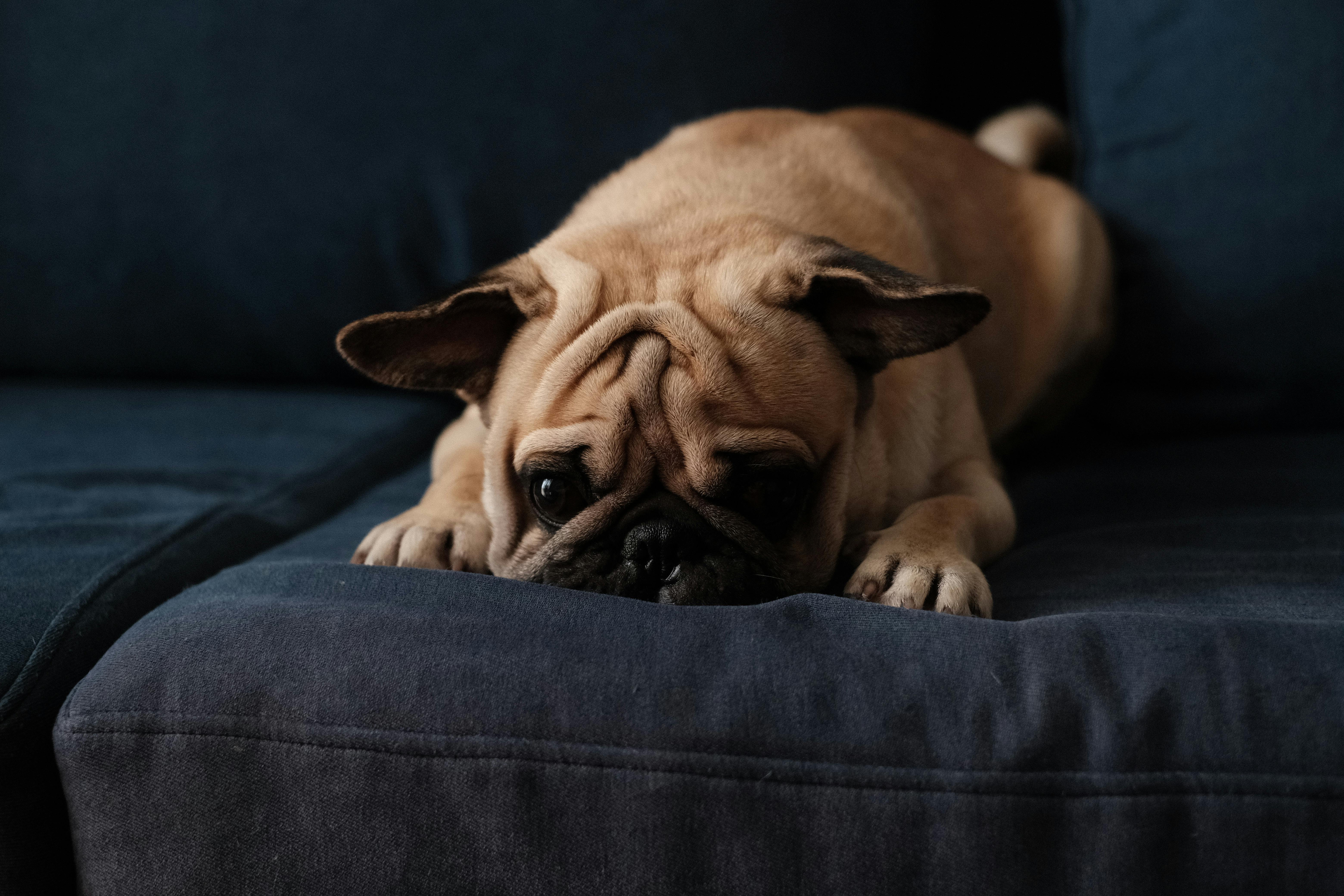If you have an aviary, you’ve no doubt had problems with rodents and vermin in and around your aviary. In the worst case, the rats can kill your birds or even scare them away from caring for their young.
You will be aware of its presence if you notice small mounds of sand and long brown granular droppings. If you don’t take action right away, the problem will get worse. The best way to do this is to call in pest control specialists, as poisoning them on your own is risky, not only for you and your family, but also for your birds.
Mice can quickly become a serious problem as where food is freely available i.e. bird seed they will breed and multiply rapidly. Did you know that a single pair can produce more than a hundred pups a year? If you have a lot of mice, they will destroy your aviary in no time, as they can get into the wall covering materials and nest there. They could also find a place in the ground to nest, and if this happens, it will be very difficult to get rid of them with poisoning or trapping methods, or your birds could be harmed.
A good option is to place a killer trap in their cage enclosure. This is where you come in, but where the birds can’t get. Mice can usually move freely between the bars of the cage and will be able to access the trap easily. Box traps that catch mice alive are more effective and can trap more than a dozen mice in the course of a night. They also have no dangerous components, so you can use them around the aviary without harming your birds.
At first, it will take a few days for the mice to get used to the trap. Place bait in it to lure them without the lid for a few days until they feed regularly there. You can then put the lid on and the mice will be able to get in, but they won’t escape again after they’ve fed.
A cat is another option, but you’ll have to be careful here, as there’s half the chance that your birds will be eaten as well. Before letting a cat into the aviary, remove all birds. Make sure the cat can’t get close enough to the birds to harm them. If the cat climbs on the roof of the aviary, it could scare cockatoos and other birds from their nests.
